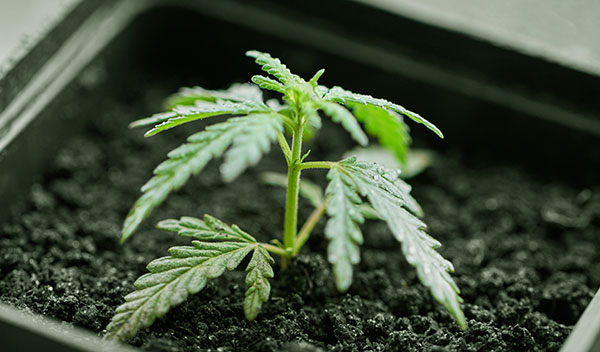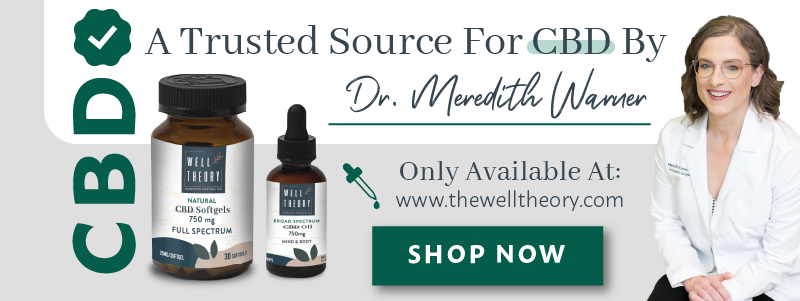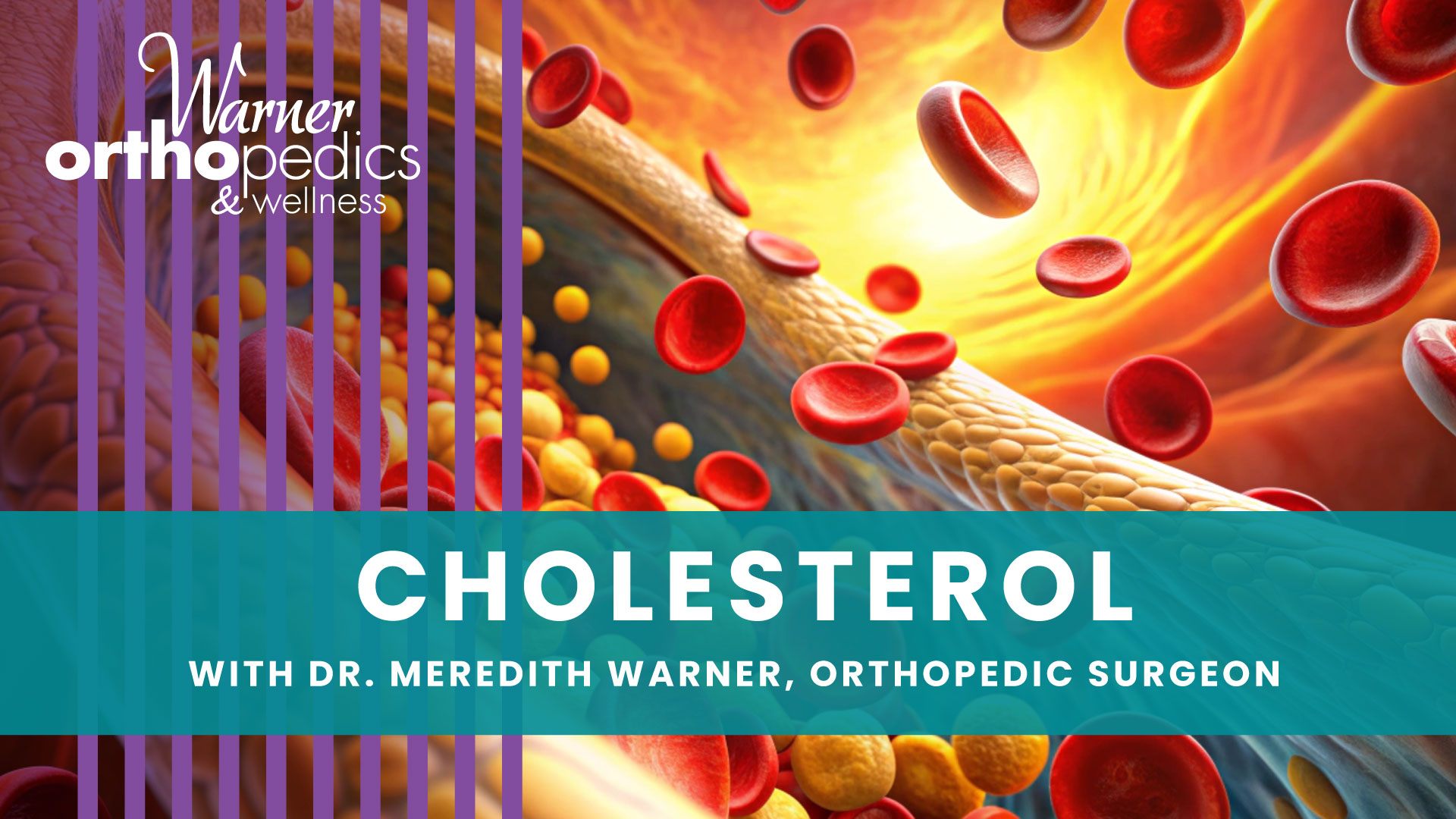What Is CBD?

Cannabidiol (CBD) has become a more and more popular natural alternative to a variety of conditions and symptoms within the past few years. This is especially true since the 2018 Farm Bill was passed that legalized CBD and removed industrial hemp from the Controlled Substance Act making it legal in all 50 states. Each State in the Union has its own regulatory regime around this plant, but in general, it is recognized to be non-psychoactive and healthy for the most part.
CBD Origin
CBD is the non-psychoactive compound found in the Cannabis sativa plant. It is one of many cannabinoids produced by the cannabis plant. There are 3 basic extraction types of CBD: full-spectrum, broad-spectrum, and isolate.Full-spectrum CBD contains all the terpenes and flavonoids produced by the cannabis plants including trace amounts of THC. Federal regulations require full-spectrum CBD to no more than 0.3% THC. If CBD is derived of a USDA approved crop and processed in an FDA approved facility it will be at this acceptable level.

Broad-spectrum CBD contains all the terpenes and flavonoids as well. By definition, broad-spectrum CBD should be completely devoid of THC.
CBD isolate contains only CBD and is devoid of all terpenes and flavonoids. CBD isolate is the purest form of CBD available. CBD isolate will have no THC if made to specifications.
Science Behind CBD
CBD engages the body’s Endocannabinoid System (ECS). The ECS regulates everything in the body from breathing to hormone regulation, immunity, your body’s temperature, your mood, and more. In fact, the ECS has the most receptors throughout the body of all the systems. Our physiology produces the ligands for this system; these include anandamide and 2-AG for example. (ligands are the molecules that attach to a receptor; like a key to a lock). As with most of our systems, plant-based chemicals are able to stimulate the system too. For those of us that do not produce enough endocannabinoids internally, we can supplement with plant-based cannabinoids; these are also called phytocannabinoids.
CBD binds with a variety of receptors, including the CB1 and CB2 receptors of the ECS. CB1 receptors are found primarily in the brain and regulate appetite, mood, metabolism, pain perception, and more. For the most part, CB1 receptors are stimulated by THC. CB2 receptors are located throughout the immune system and peripheral nervous system and in many internal organs. These receptors regulate our inflammatory and immune responses.
Is CBD Right For You
CBD can help a variety of conditions. Some common conditions are:
- Inflammation
- Neuropathic Pain
- Chronic Pain
- Restlessness
- Insomnia
- Neurologic hyperactivity

Dr. Meredith Warner believes strongly in using natural herbal alternatives when appropriate. She has developed her line of herbal supplements, multivitamins, and topicals to help her patients find new ways of healing. Dr. Warner still prescribes pharmaceuticals and performs surgery, but finds that many problems can be solved gently and safely and more economically through nature.
Check out Well Theory’s full line of CBD Products here on the website: https://www.thewelltheory.com/product-category/cbd-products/





